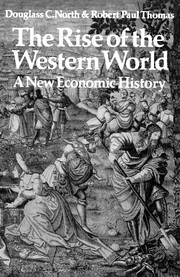8 - Fiscal Policy and Property Rights
Published online by Cambridge University Press: 05 March 2012
Summary
We established in Chapter 1 that an efficient economic organization is the basic requirement for economic growth. If such an organization exists then a society will grow if it so desires. Ideally, by providing the proper incentives, a fully efficient economic organization would insure that the private and social rates of return were the same for each activity and that both were equal among all economic activities. Such a situation would require that each individual desires to maximize his wealth and that he has the exclusive right to use as he sees fit his land, labor, capital, and other possessions; also that he alone has the right to transfer his resources to another, and that property rights are so defined that no one else is either benefited or harmed by his use of his property.
If such an economic Shangri-La were to be instituted for the society as a whole, the proper amount of research and development would be performed, new knowledge would be applied to economic activities at the proper time, the correct amount of human and physical capital would be available and utilized, and each factor of production would receive the value of its contribution at the margin to output. In sum, the society would grow at the optimal rate determined by its preference for current goods relative to future goods.
Not even in modern times have these conditions existed, for the transaction costs of establishing such an economic organization would be prohibitive.
- Type
- Chapter
- Information
- The Rise of the Western WorldA New Economic History, pp. 91 - 101Publisher: Cambridge University PressPrint publication year: 1973



